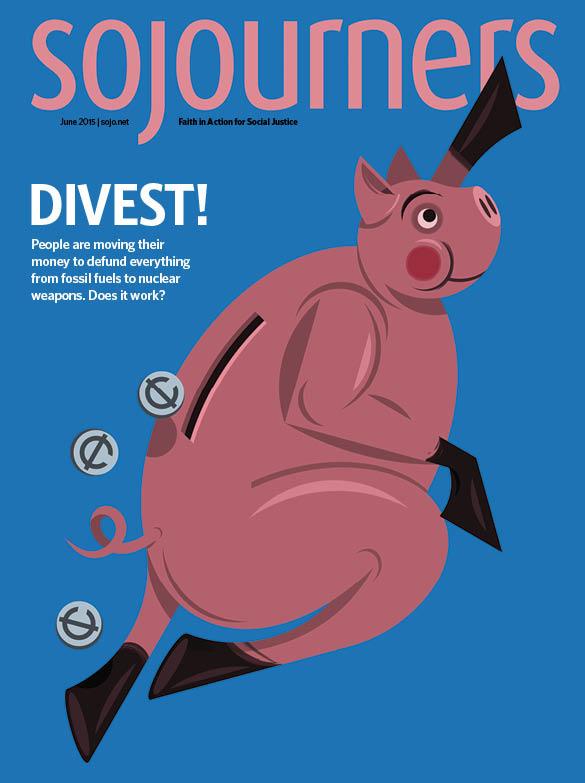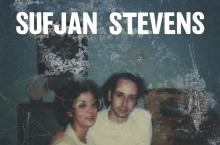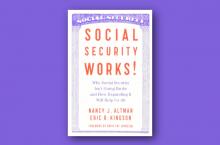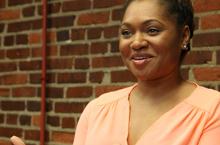
Sojourners Magazine: June 2015
FORMER U.S. POET Laureate Kay Ryan, in her poem “Waste,” wrote, “Nothing is exempt from resurrection.” That insistence on redeeming the past—on refusing to allow what’s come before to determine our fate—shines through several articles in this issue. Richard Twiss, a Lakota activist and pastor, tells stories of the former demonization of Native drumming and other Indigenous music—and how Native Christians today are finding new meaning, and new life, in old traditions.
Former jail guard Tobias Winright has gone back to prison—to teach college classes to both inmates and guards in the Missouri state prison system—and discovered that education is one of the most effective ways to help released prisoners stay out for good. And Dee Curry is no longer homeless—and is clean and sober—thanks to help she received from “housing first” advocates, proof that the past isn’t necessarily prologue.
WE’RE USED TO hearing that we shouldn’t just spend our money, but rather we should make our money work for us. Most Americans have little choice but to do the former, but many of those who are able to save for their retirement often do so without paying too much attention to where their money is going. People who are strongly committed to working against, say, climate change and nuclear war might be surprised to find that the mutual funds in their 401(k) accounts contain shares of fossil-fuel companies or weapons manufacturers.
We may be clear about our convictions and values, about the injustice we oppose in this world—but we may not realize that we’re helping to pay for it.
In this issue, we explore four examples of campaigns that are encouraging us to “move our money”—to make our investments reflect our values and serve as tools to bring about change. Money talks, it is said, but when it walks it speaks even louder.


















